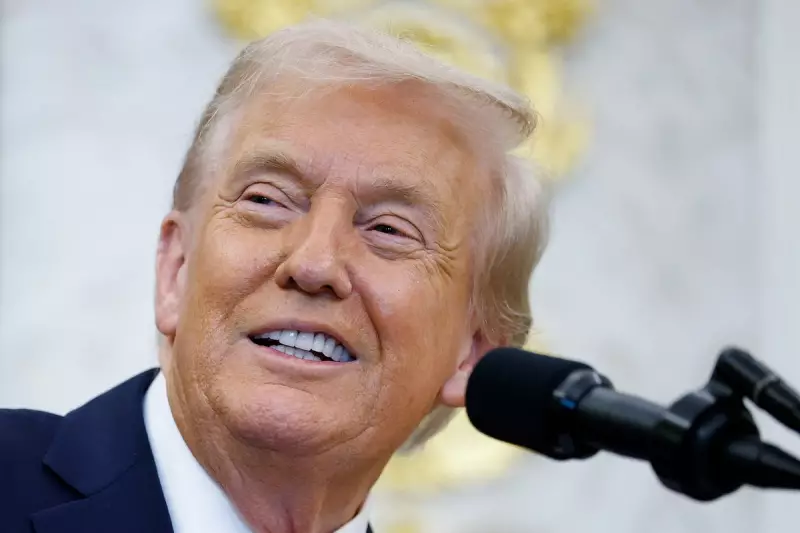
Former President Donald Trump has thrown the Republican party into turmoil with his recent endorsement of in-vitro fertilisation access, directly challenging the staunch pro-life movement that has long been a cornerstone of conservative politics.
Political Earthquake in Republican Ranks
The controversial announcement has created deep fractures within the GOP, pitting traditional anti-abortion activists against more moderate voices who recognise the electoral dangers of opposing widely-supported fertility treatments.
Trump's position marks a significant departure from the party's established stance, coming at a time when reproductive rights have become a defining issue in American politics following the Supreme Court's overturning of Roe v Wade.
Pro-Life Backlash Intensifies
Leading pro-life organisations have expressed fury at Trump's declaration, with many accusing him of betraying the very principles he championed during his presidency. The move has left many conservative activists questioning whether their support will remain with the former president.
"This isn't just a policy shift—it's a fundamental challenge to the pro-life movement's influence within the Republican party," noted one political analyst.
Electoral Calculations Drive Position
Political observers suggest Trump's support for IVF access reflects growing concern among Republicans about the electoral consequences of being perceived as extreme on reproductive issues. With suburban women and independent voters increasingly wary of strict abortion bans, the party faces a delicate balancing act.
The timing of this announcement, as the 2024 election campaign intensifies, underscores the strategic importance of moderating the party's image on reproductive matters while maintaining core conservative support.
Future Implications for Republican Unity
As the Republican party struggles to reconcile Trump's new position with its traditional pro-life platform, the internal conflict threatens to undermine party unity at a critical juncture. How this plays out could significantly impact not only the upcoming election but the future direction of conservative politics in America.





